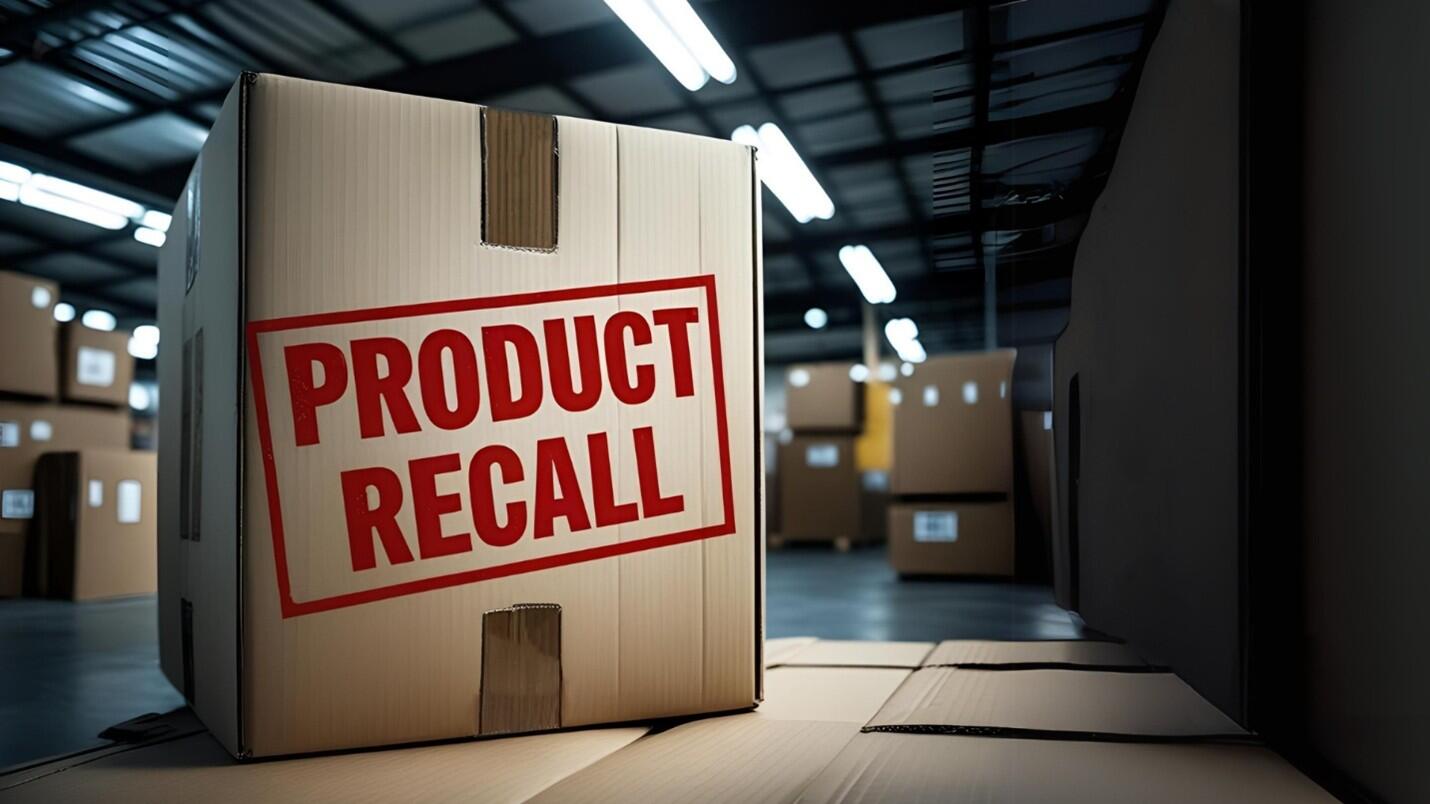- Office of Consumer Affairs and Business Regulation

Every year thousands of products and food items are recalled. The reasons behind a recall can range from safety hazards such as risk of fire to food contamination to a simple labeling error. A recall is just a protective measure to make sure that consumers are alerted if they potentially have an unsafe or faulty product. It is important that you know what steps to take if you find out an item you purchased has been recalled and are aware of the resources available to help you.
Stay Informed and Be Prepared
When it comes to product recalls, it is best to be an informed consumer. Make sure to sign up for product recall alerts so that you are contacted anytime a product that you purchased has been recalled. Additionally, follow safety agencies like the Consumer Product Safety Commission (CPSC) on social media, as they post alerts. To be prepared, keep your receipts from any major purchases and register your products with the manufacturer so that you are notified of any recalls. Most of the time to register your products you can visit the manufacturer’s website and look for the specific model of product you purchased. Usually there will be some sort of form or link for registration on or inside the product packaging.
If a Product You Purchased Is Recalled
- Stop using the product: Once notified of a product recall, don’t take any chances and immediately discontinue use of the product.
- Check the recall notice: The CPSC website will have more information about the recall such as the model number of the item as well as the manufacturing date.
- Follow manufacturer instructions: Usually the official recall notice will have instructions on what to do and how to return the item or get a refund/replacement. If you are having any trouble, you can contact the manufacturer directly. You can find the manufacturer’s contact information on the product packaging or on the official website. Additionally, it is possible that the retailer you purchased the product from may be able to help provide instruction or assist you in contacting the manufacturer.
If a Food Item You Purchased Is Recalled
- Check the recall notice: Using the recall notice, confirm whether your food item is affected. The U.S. Food and Drug Administration as well as the U.S. Department of Agriculture will typically include the recalled items’ universal product codes and the expiration dates in the notice.
- Do not eat the food: Even if the food appears to be fine, play it safe and don’t consume it.
- Dispose of the product: Follow the recall instructions. Most foods are fine to simply throw out but depending on the reason for the recall, some foods may need to be sealed before throwing out to avoid contamination.
- Request a refund: If possible, try to find your receipt. Most retailers or manufacturers will offer a refund or replacement.
- If you have already consumed the item: If you consumed the item and don’t feel well, seek medical attention and inform your healthcare provider of the recall.
Resources
You can report a product that you believe to be unsafe through the CPSC. CPSC provides a list of recalls as well as a search tool to find any recalled items. If you have a problem with a food product, you can report it to the Food Safety and Inspection Service. The U.S. Food and Drug Administration also provides a search tool and list.
We’re Here to Help
The Office of Consumer Affairs and Business Regulation (OCABR) helps protect and empower consumers through advocacy and education. If you have any questions, call our Consumer Hotline at 617-973-8787. Live language translation is available. Visit mass.gov/findhelp for additional resources.

